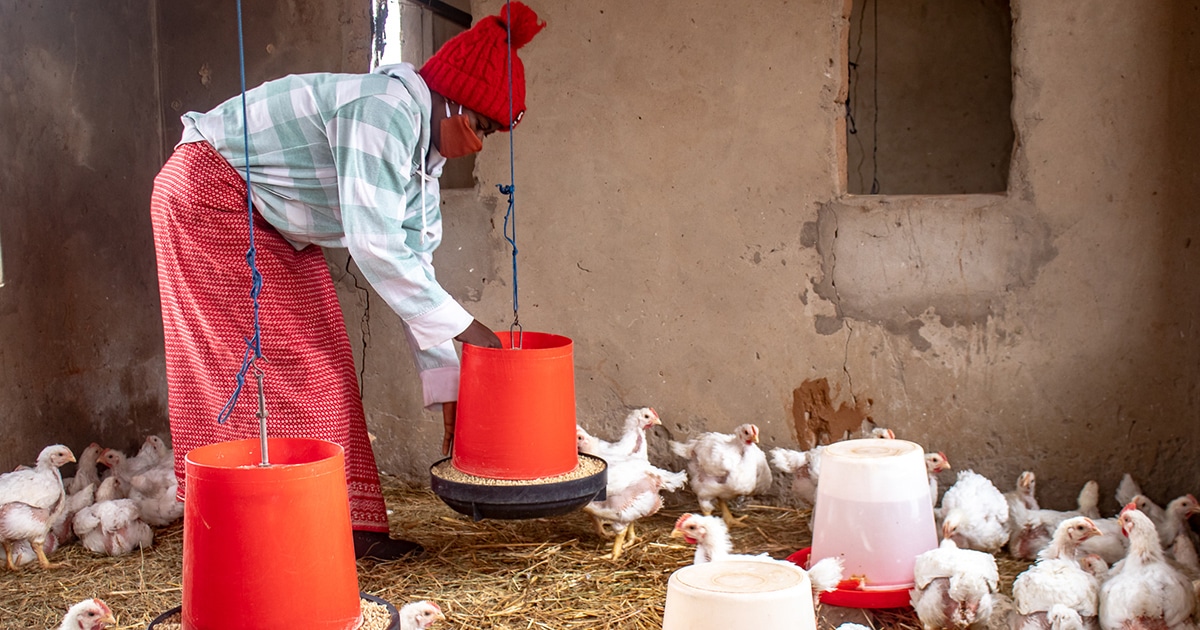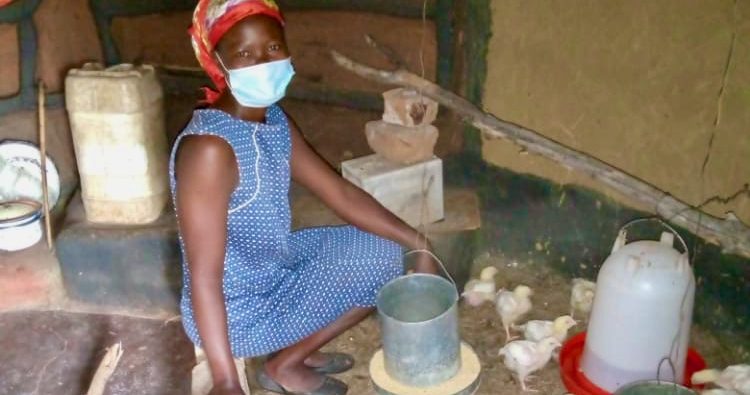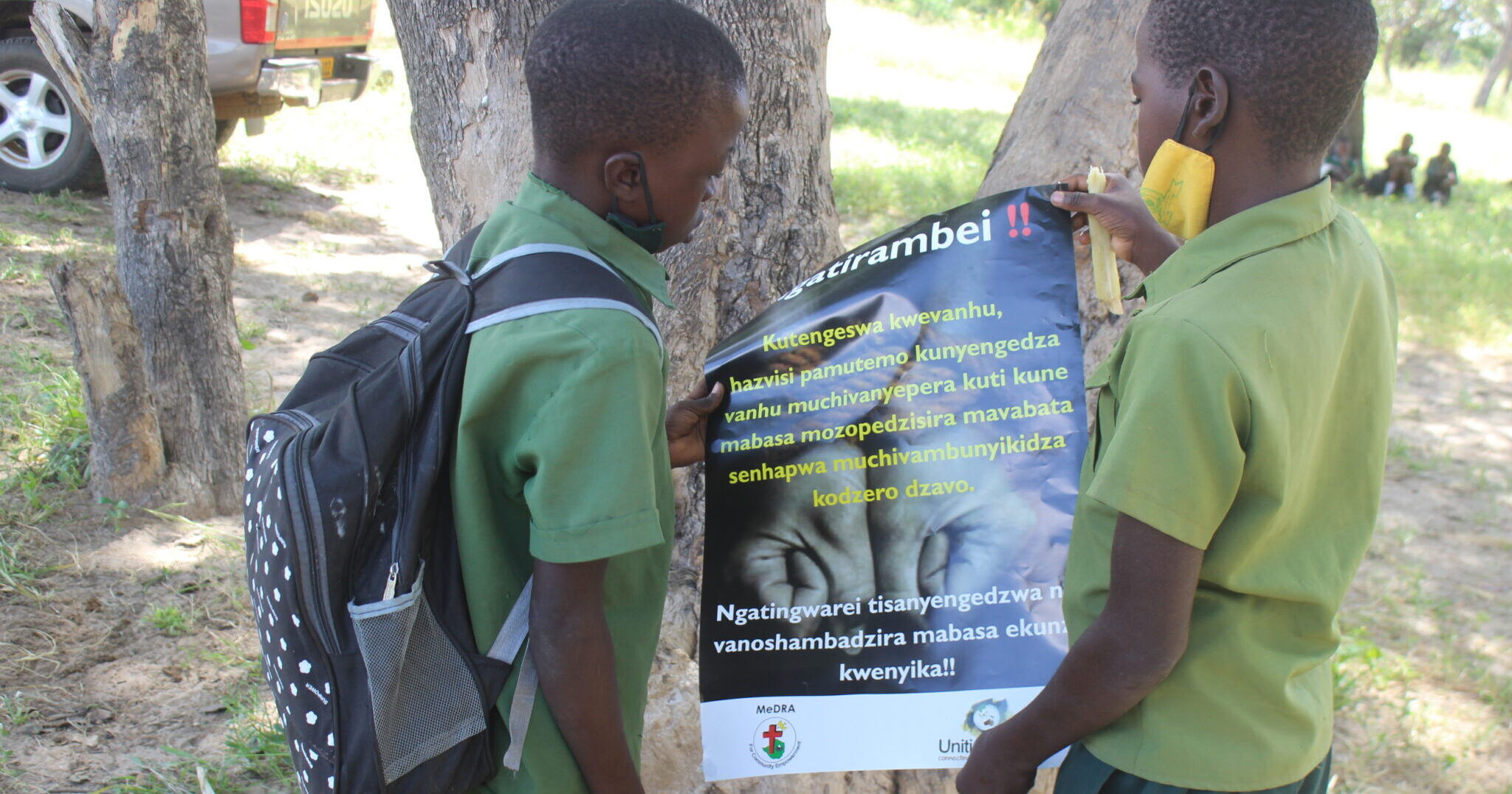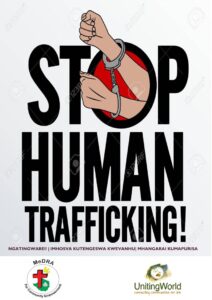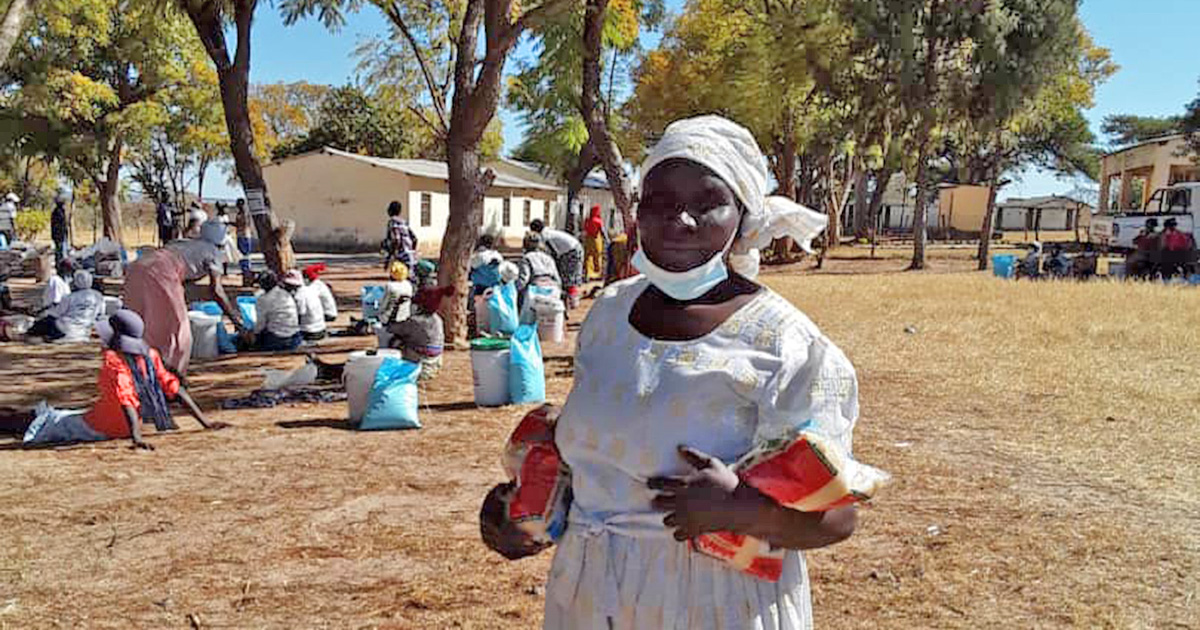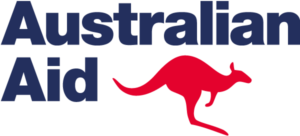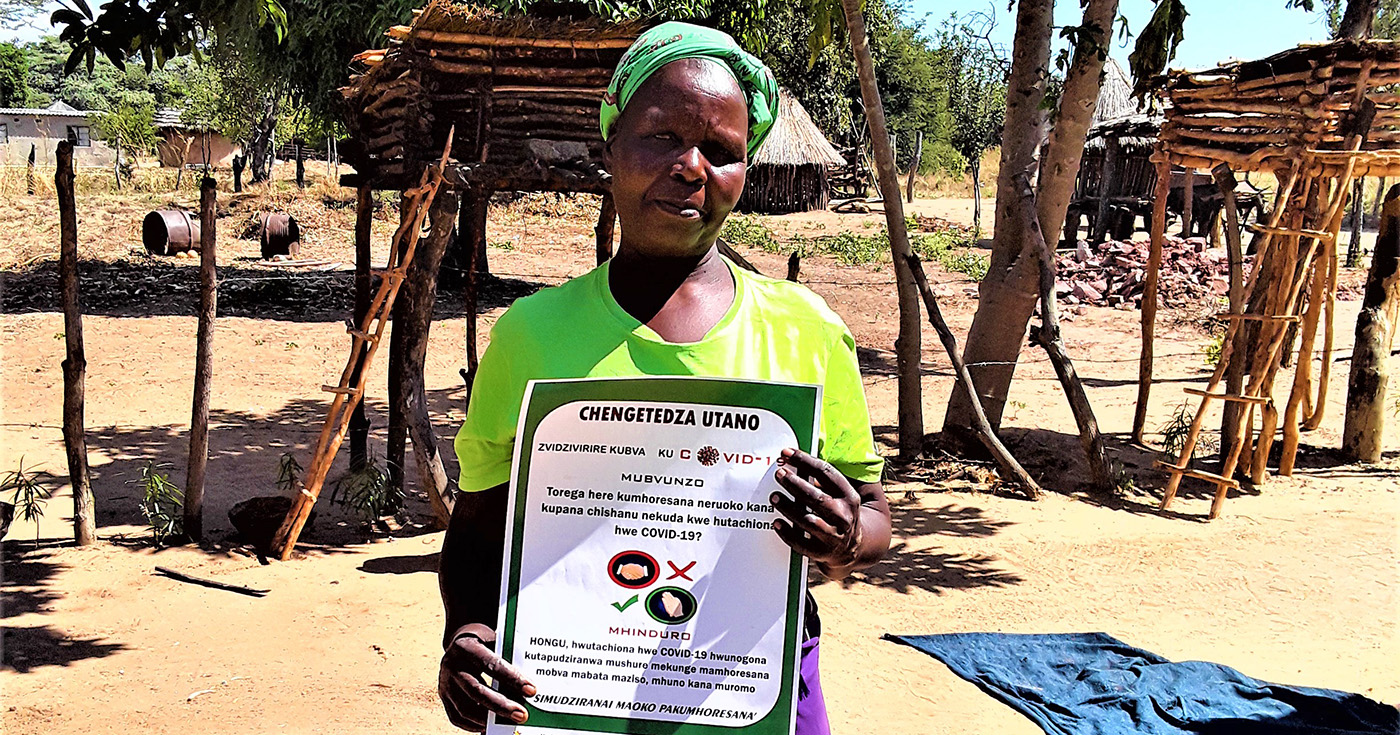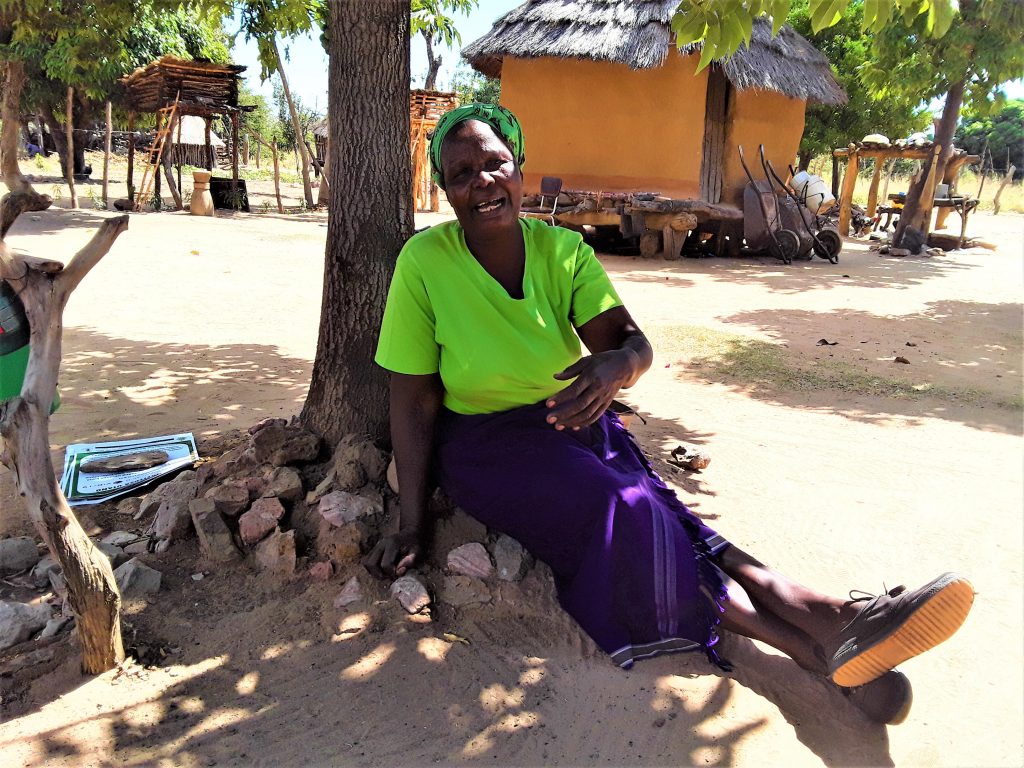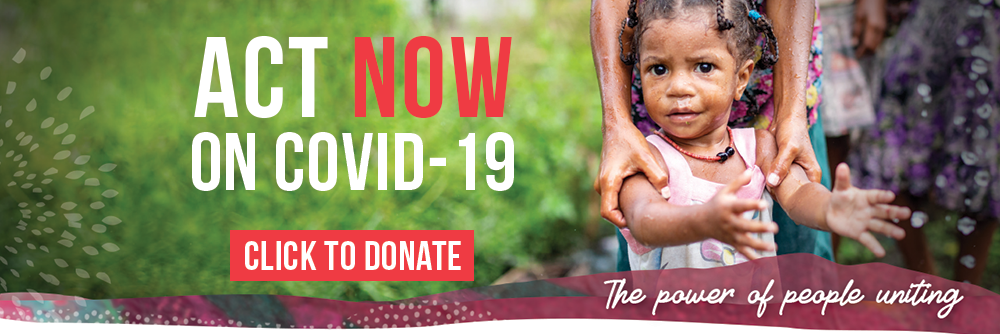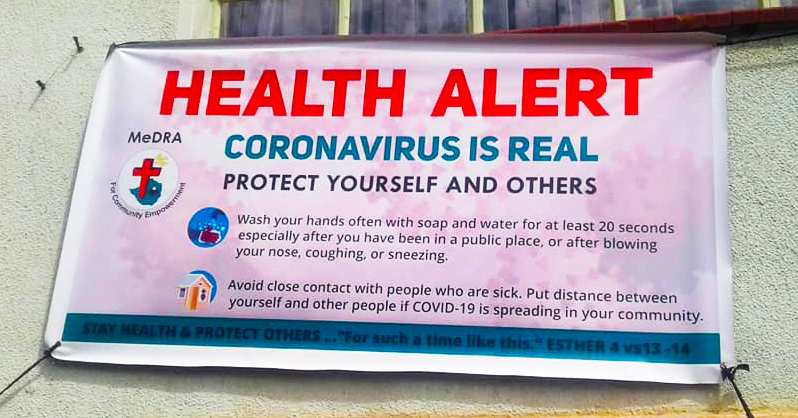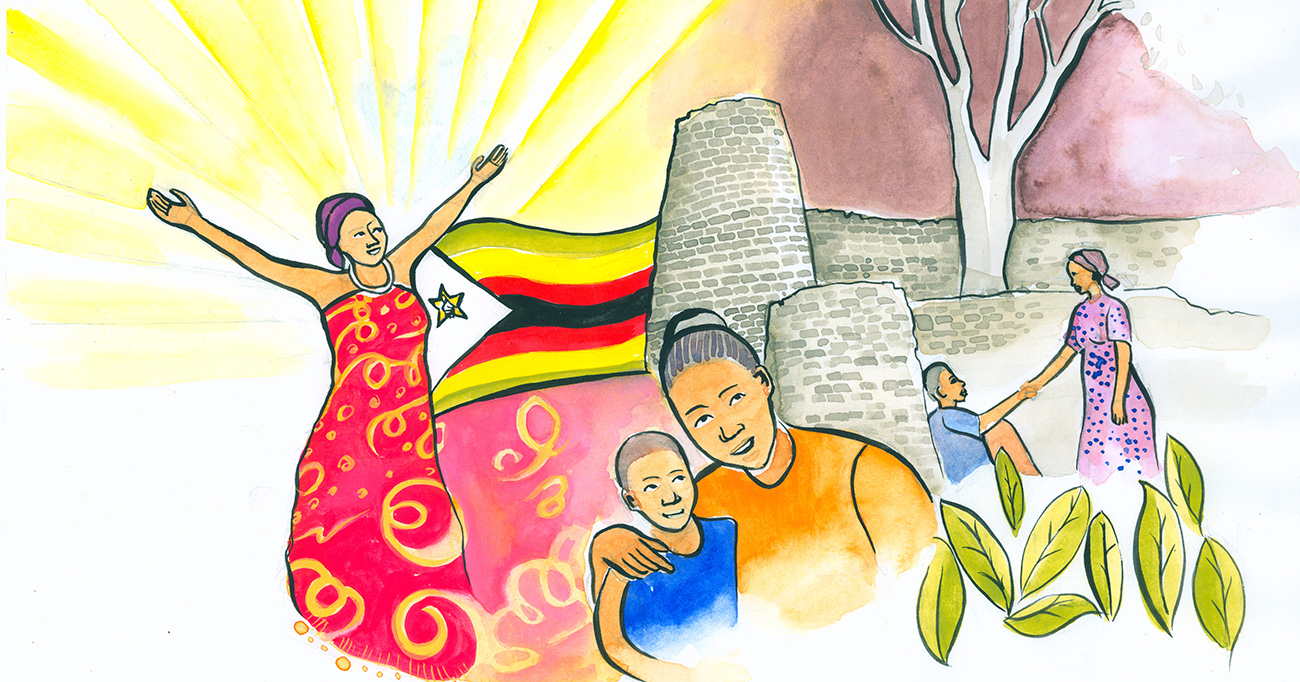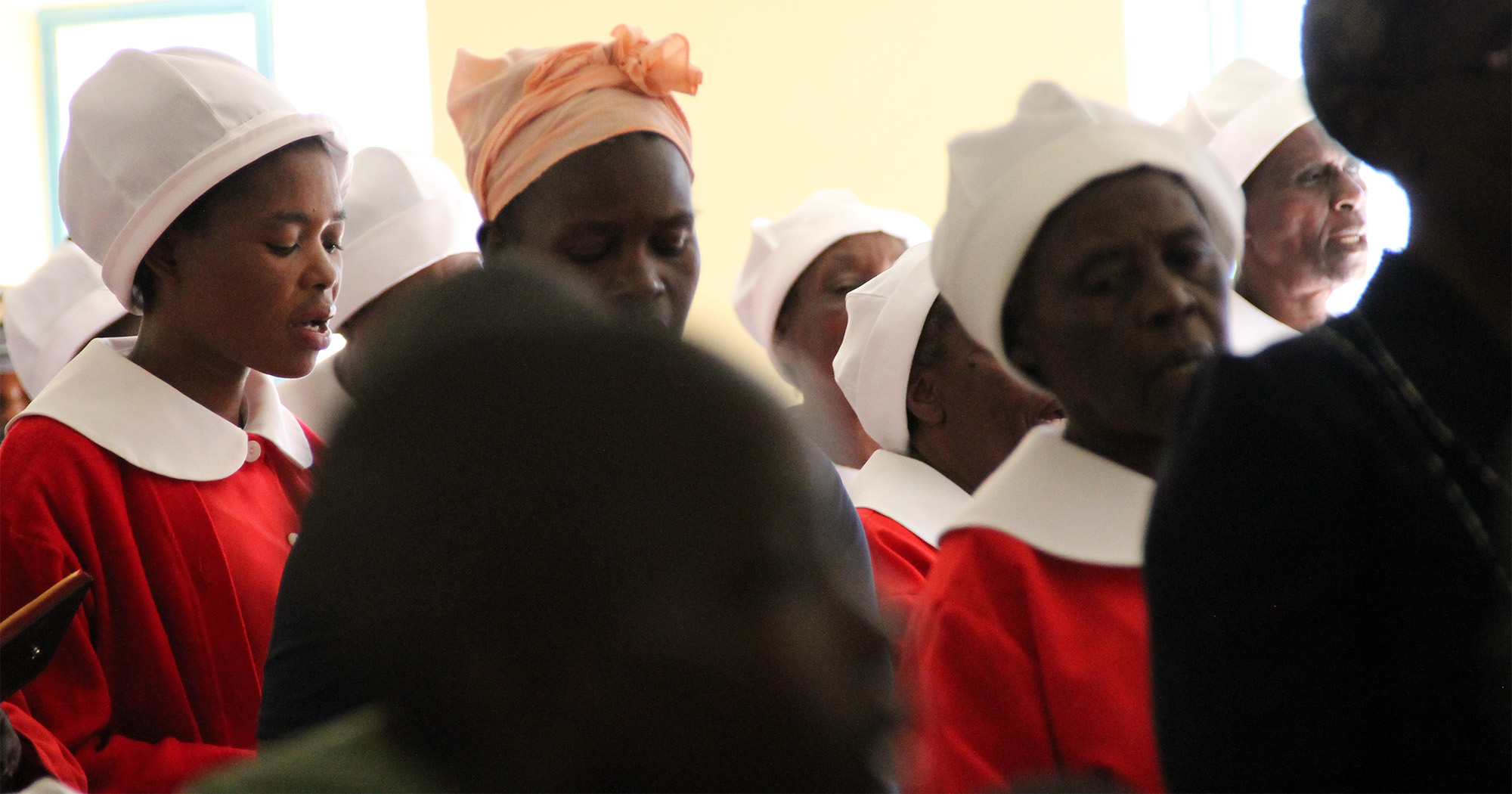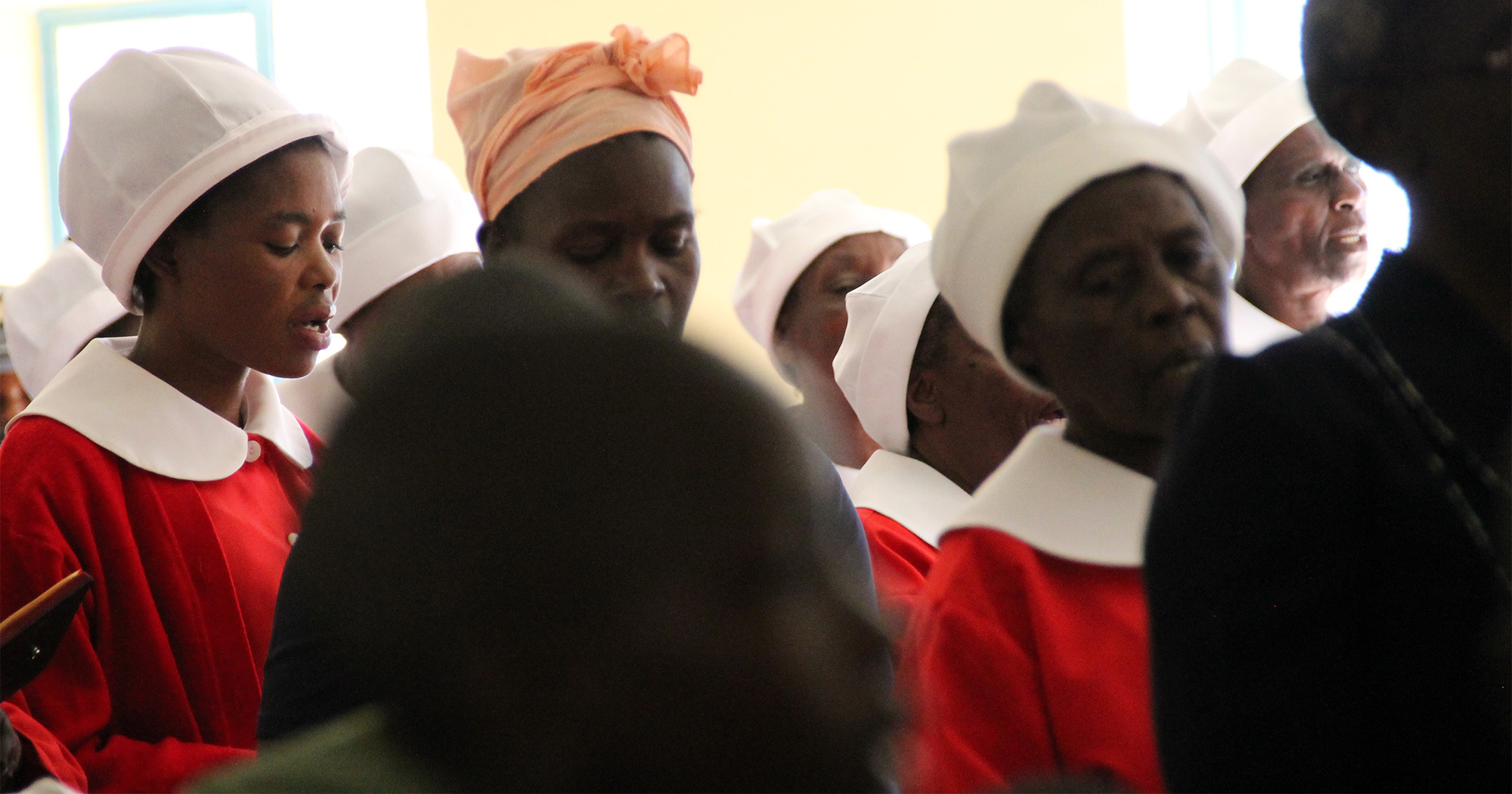How many chickens does it take to break the chains of poverty?
Chickens are easily some of the most popular gift cards from our Everything in Common Gift Catalogue, a concrete symbol of the way lives can be transformed.
But how many chickens does it take to help a community break free from poverty?
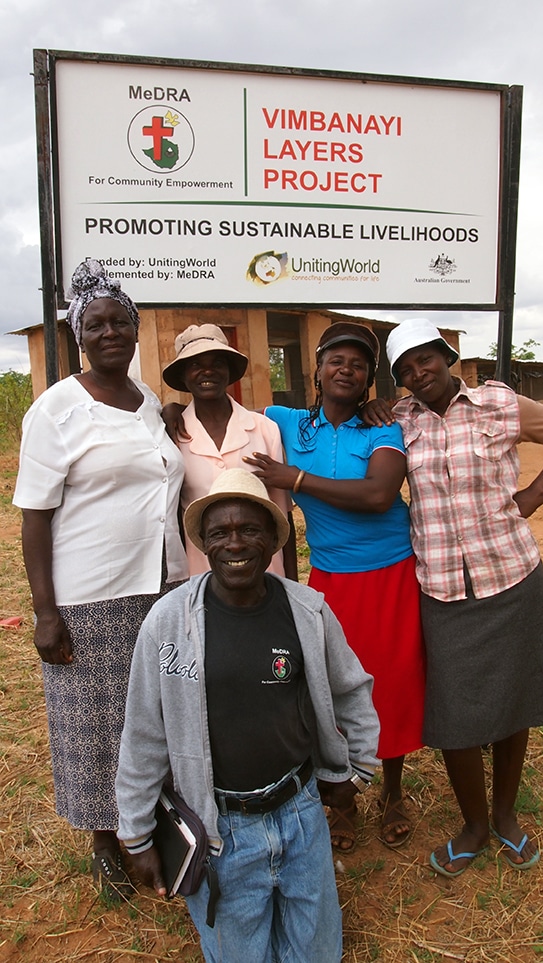
In Gokwe South, Zimbabwe, we (roughly) know the answer. Through the Methodist Church in Zimbabwe’s Development Agency (MEDRA), you’ve been supporting projects with a few communities for several years: providing chicks, equipment, seeds; training groups in budgeting, bookkeeping, and breeding of livestock; giving advice on how to market the products to get the best profit.
We’re delighted to let you know that the groups are now self-sufficient, and have now transitioned away from MEDRA’s support.
“All six of our broiler (chicken) project groups have managed to survive the impact of COVID-19 and are fully operational again,” our partners report. “Two of these groups increased production from 50 to 100 broilers, meaning that families are self-sustaining as they buy groceries, use health services and pay school fees.”
MEDRA have also set up savings and lending groups, which encourage people to pool their income and provide for those in need through small, interest-free loans. All the groups have saved between $5 and $10 each month – and one group member managed to buy four goats from money borrowed from the group savings. The outcome isn’t just about putting food on the table either. Women and people with disabilities have gained respect and positions of leadership in their communities, children have been able to go to school and people have supported others during hard times.
This is community resilience at its finest.
Thank you to everyone who has helped this community – one chicken gift at a time – learn new skills and stand up strong!
You can help other communities do the same

